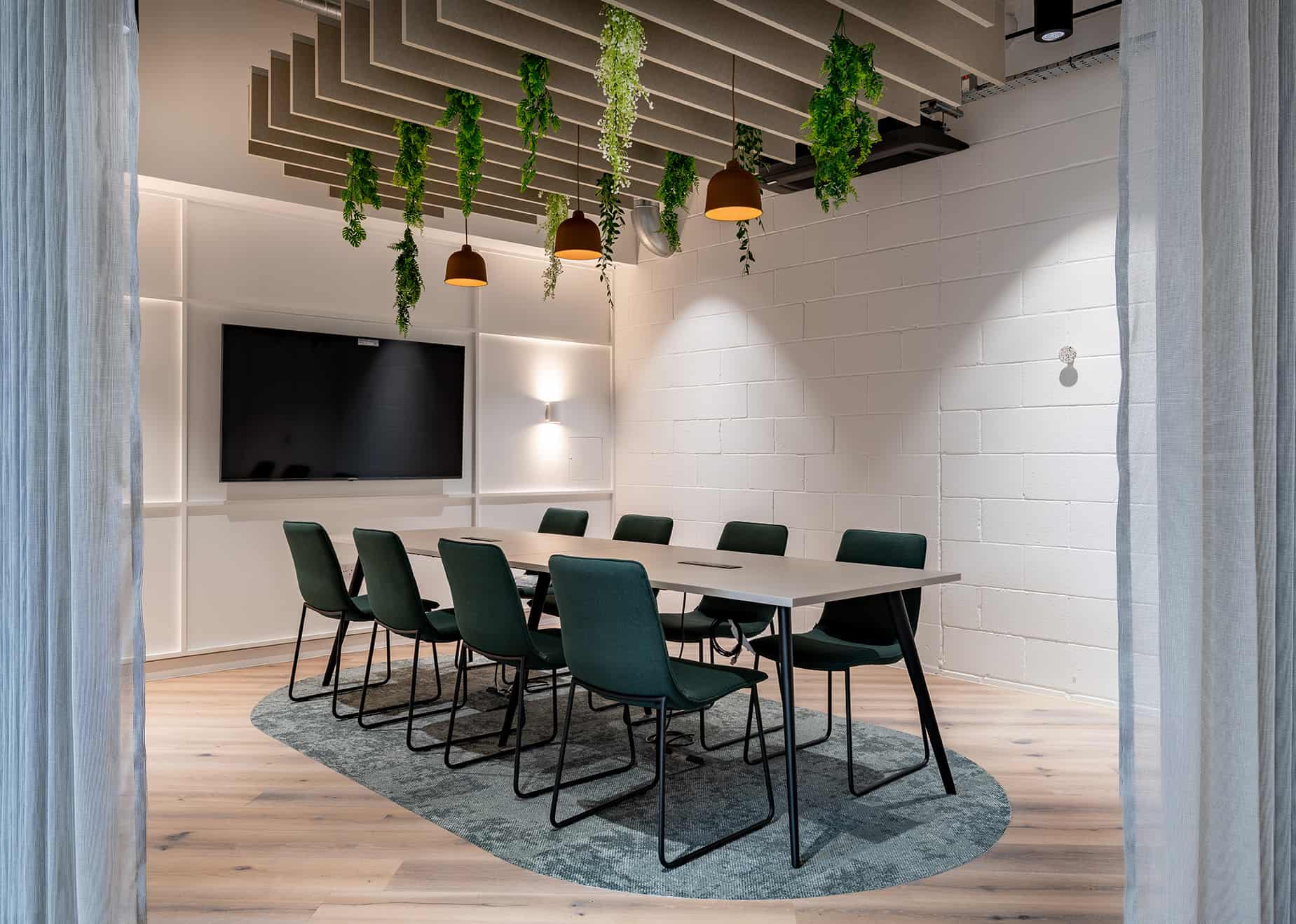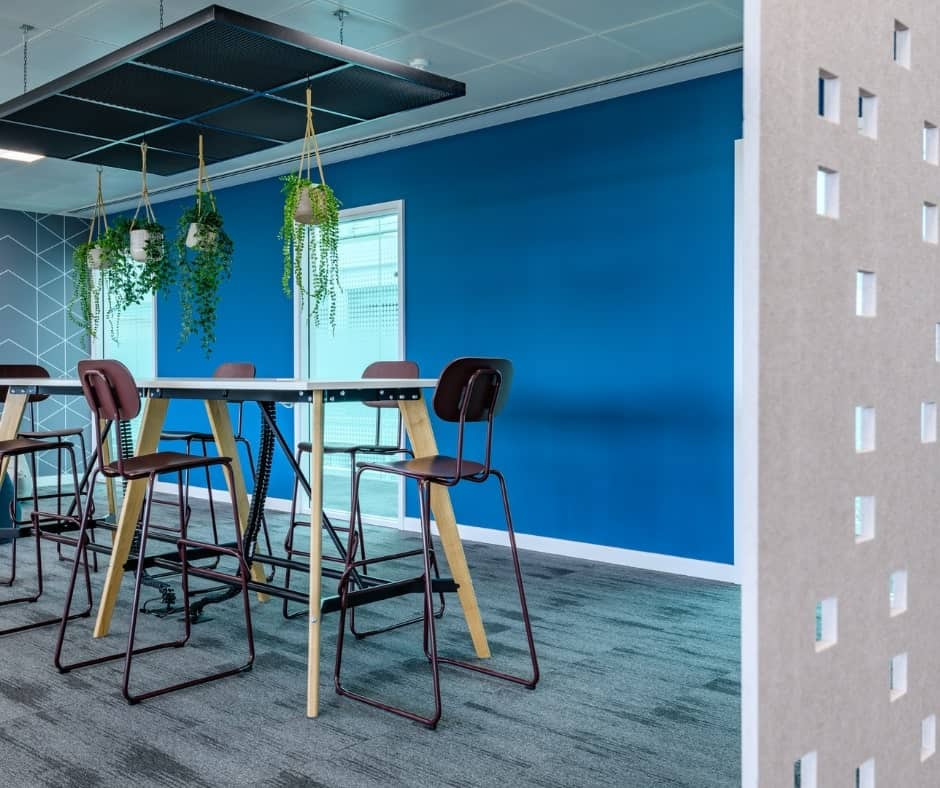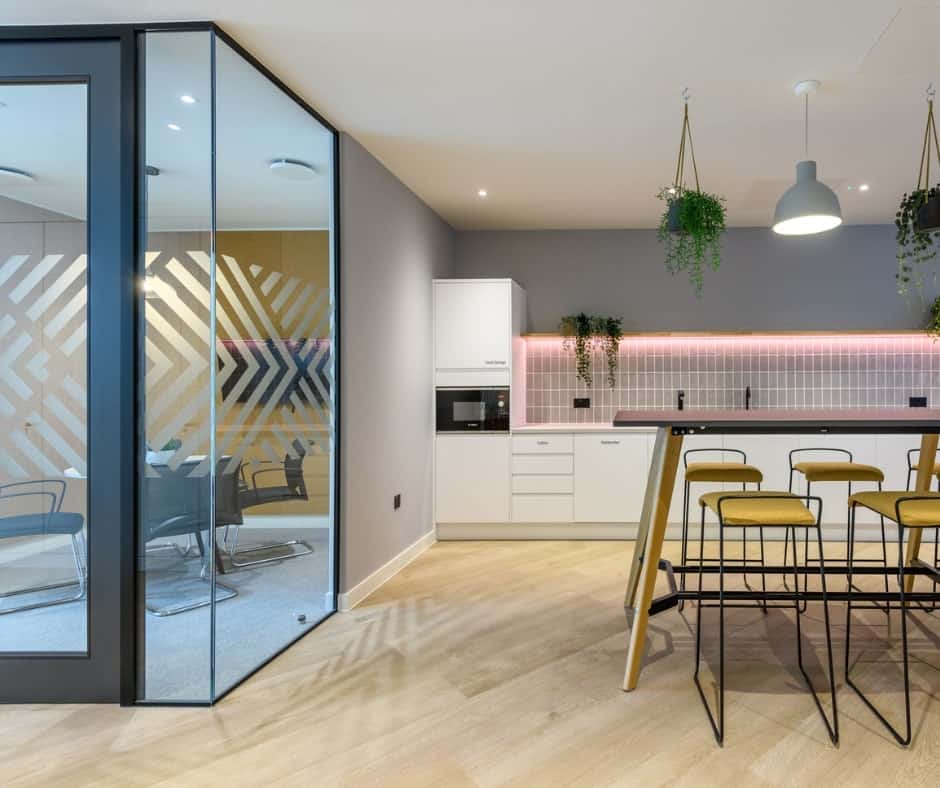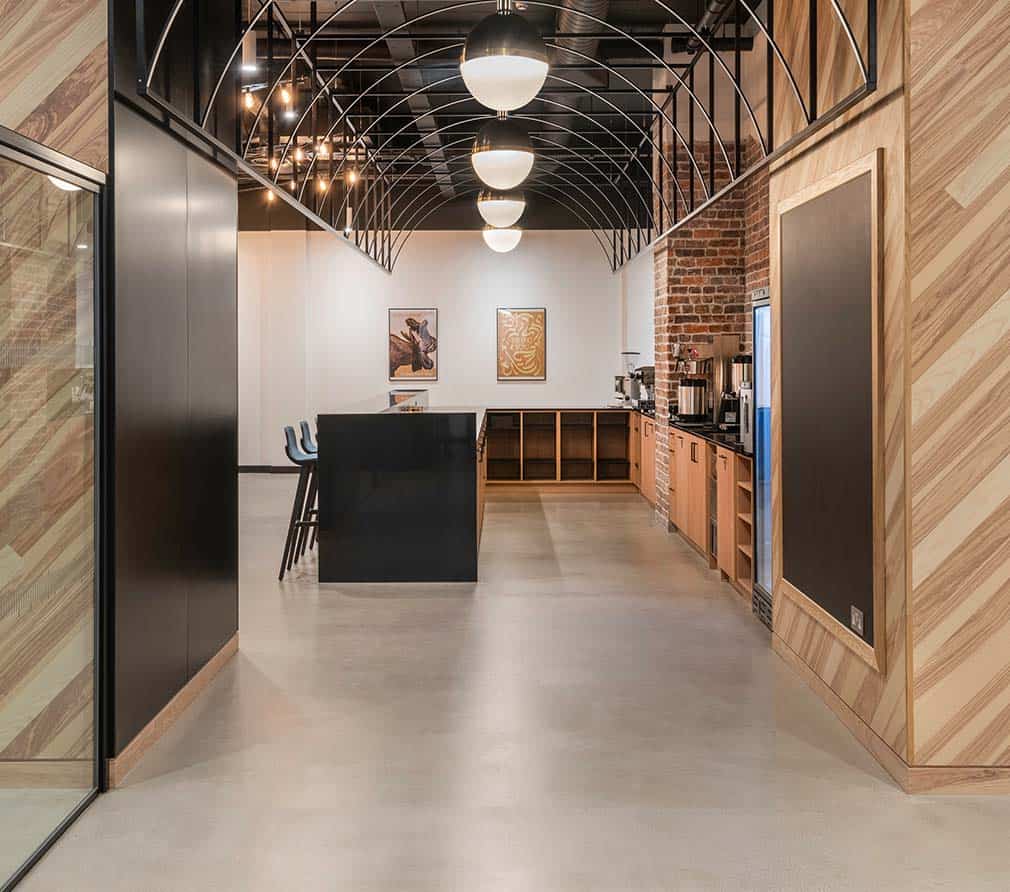As employers, we all want our staff to come to the office and feel as productive as possible – after all, when our employees feel motivated and comfortable, they can produce much better work.
Designing your office/workspace to boost this productivity is important, but it’s impossible to take a one-size-fits-all approach, as each of your employees is completely unique.
It’s now important to create office spaces that cater to everyone, especially neurodivergent people whose needs can vary from the typical needs of other employees.
Around 15% of the UK population are considered to be neurodivergent, which means that they can face a range of challenges within the workplace. Most commonly these can be things like getting overstimulated or easily distracted when trying to focus on work tasks.
If you want to create a workspace that really works for everyone, here are six factors to keep in mind:
1. Sounds
Although too many sounds can be distracting, if you’re working in an office that is completely silent, it can be just as hard to pay attention.
According to some studies, the sound of running water or other ambient sounds can help relax the listener so they can be as productive as possible.
2. Acoustics
The trend at the moment is moving towards open plan work spaces – this can be great for collaboration, but not so great for those who want a quiet and productive space to complete their tasks.
When designing your office space, you should consider the different ways that everyone works. This will involve creating a mixture of spaces; some that are designed to optimise collaboration and others that are more geared towards concentration.
By catering for different work styles, you can ensure that everyone can get the most out of the office environment and work in a way that makes them most productive and effective.
3. Touch
We all want our employees to feel comfortable while they’re at work, which is why touch can be such an important factor when it comes to design.
Using comfortable materials that are reminiscent of being at home, such as having a cosy armchair, supportive desk chair, or sofas to relax on, can make a big difference.
4. Movement within the office
When you’re neurodivergent, something as seemingly simple as finding your way around the office can become a lot more complicated.
In a large office where there is little signage, it can be stressful to find the toilet, things you need in the cupboards, or meeting rooms.
Everyone should be able to easily walk around the office and find everything they need. The layout should be simple, and signage should be used where necessary to make things easier for everyone.
5. Privacy
Although open plan offices are becoming the norm, it doesn’t mean that everyone is happy to give up all their privacy.
A lot of people, especially those who are neurodivergent, can find it stressful to be constantly ‘on show’ while at work.
Creating spaces where people can take calls in private or putting up dividers to add a break between different spaces can relive some of the pressure while maintaining an open plan space.








